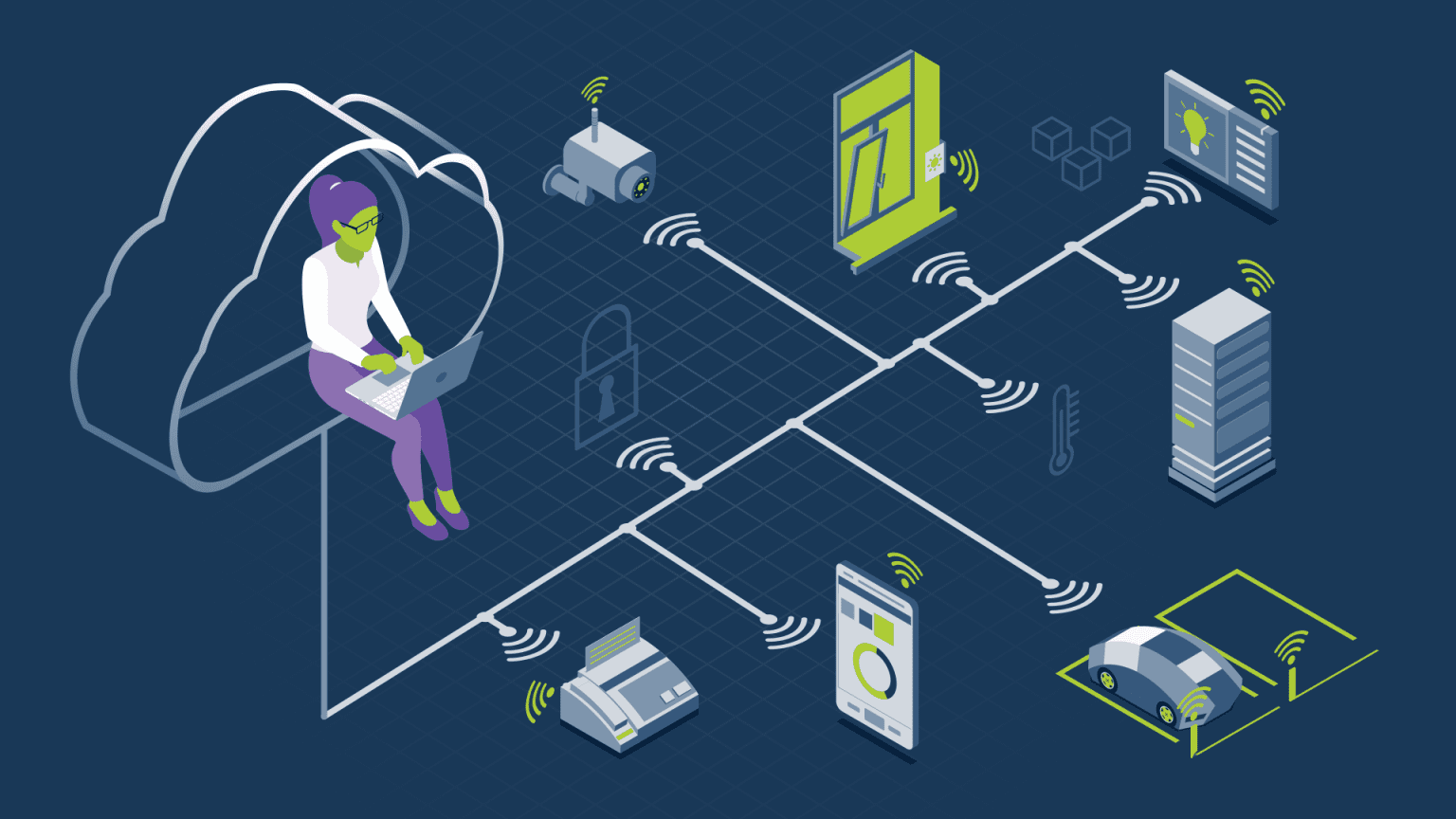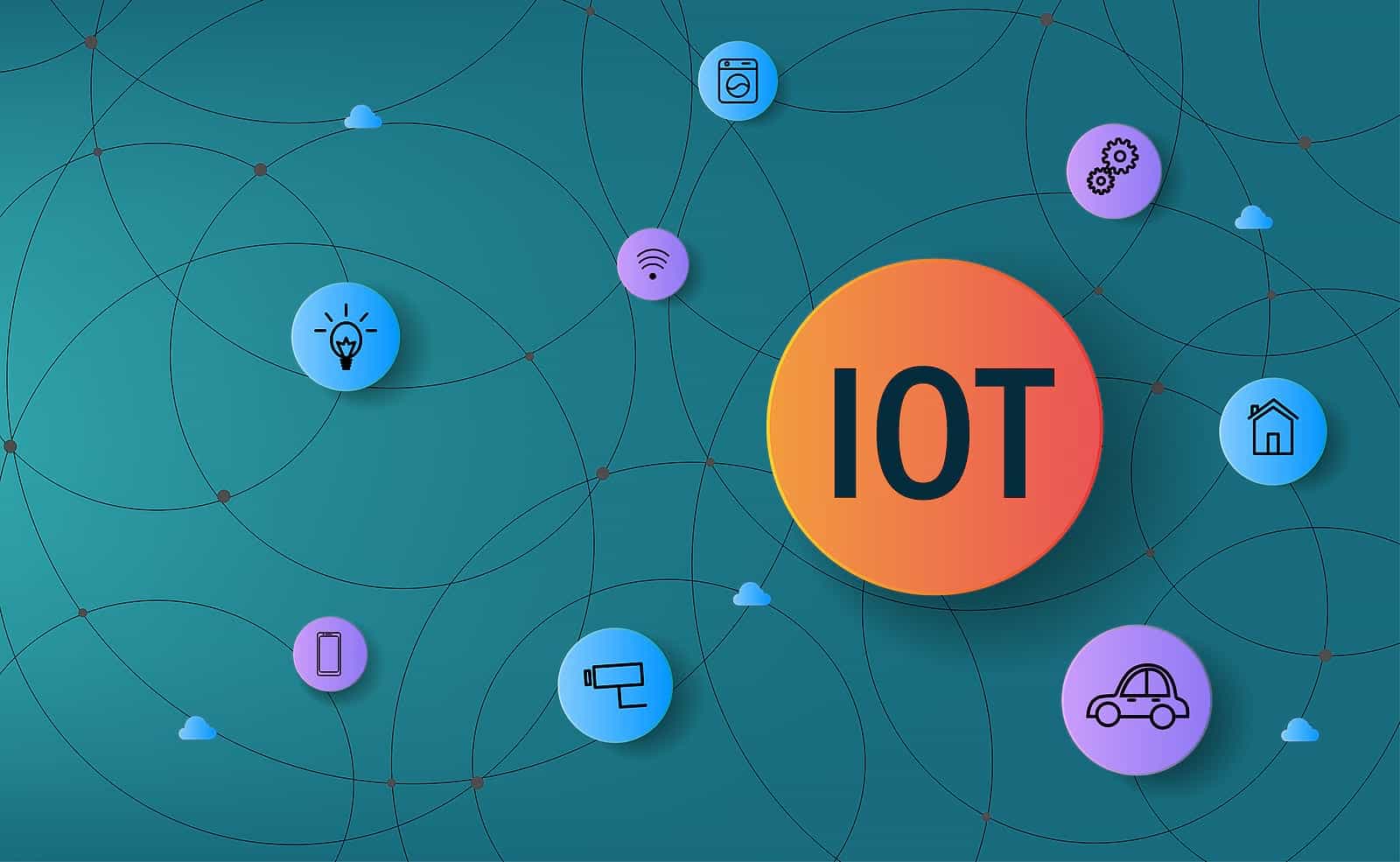In today's rapidly evolving technological landscape, the Internet of Things (IoT) has become a cornerstone for businesses and industries worldwide. Best remote IoT management software plays a pivotal role in ensuring seamless operations and efficient device management. As more companies adopt IoT solutions, the need for robust remote management platforms has never been greater.
IoT devices are no longer limited to consumer gadgets; they now encompass industrial sensors, smart home appliances, and even medical equipment. Managing these devices remotely requires specialized software that offers scalability, security, and ease of use. This article delves into the top remote IoT management solutions available, helping you make informed decisions for your organization.
By exploring the features, benefits, and limitations of each software, we aim to provide a comprehensive guide for businesses seeking to enhance their IoT infrastructure. Whether you're a small startup or a multinational corporation, the right remote IoT management software can significantly impact your operational efficiency.
Read also:Discovering Keely Coles A Comprehensive Guide To Her Life And Achievements
Table of Contents
- Introduction to IoT Management Software
- Key Criteria for Selecting the Best Remote IoT Management Software
- 1. Microsoft Azure IoT Central
- 2. AWS IoT Core
- 3. Google Cloud IoT Core
- 4. IBM Watson IoT Platform
- 5. Losant IoT Platform
- 6. Particle IoT Platform
- 7. Thinger.io
- 8. Blynk IoT Platform
- 9. Ubidots
- 10. DevicePilot
- Comparison of Top Remote IoT Management Software
- Conclusion and Recommendations
Introduction to IoT Management Software
Remote IoT management software serves as the backbone of modern IoT ecosystems. These platforms enable businesses to monitor, manage, and control IoT devices from a centralized location, reducing the need for on-site intervention. Key features of remote IoT management software include device provisioning, real-time data monitoring, firmware updates, and security management.
As the number of connected devices continues to grow, so does the complexity of managing them. The best remote IoT management software addresses these challenges by offering scalable solutions that adapt to the evolving needs of businesses. From automating routine tasks to providing actionable insights, these platforms empower organizations to harness the full potential of IoT technology.
Key Criteria for Selecting the Best Remote IoT Management Software
When evaluating remote IoT management software, several factors must be considered to ensure the chosen solution aligns with your business requirements. Below are the key criteria to keep in mind:
Scalability
Choose software that can handle a growing number of devices without compromising performance. Scalability is crucial for businesses that plan to expand their IoT infrastructure over time.
Security
Security is a top priority when managing IoT devices remotely. Look for software that offers robust encryption, authentication protocols, and regular security updates to protect your data and devices.
Integration
Ensure the software integrates seamlessly with your existing systems and third-party applications. Compatibility with popular platforms like ERP, CRM, and analytics tools can enhance the overall functionality of your IoT ecosystem.
Read also:Duke Dennis Height Unraveling The Mystery Behind The Popular Content Creator
1. Microsoft Azure IoT Central
Microsoft Azure IoT Central is a cloud-based platform designed for businesses looking to deploy and manage IoT solutions quickly. It offers a user-friendly interface, pre-built templates, and customizable dashboards, making it an ideal choice for organizations of all sizes.
Key Features
- Device management and monitoring
- Real-time data visualization
- Rule-based automation
- Integration with Azure services
With Azure IoT Central, businesses can focus on innovation rather than infrastructure management. Its pay-as-you-go pricing model ensures cost-effectiveness, while its robust security features provide peace of mind.
2. AWS IoT Core
AWS IoT Core is a powerful platform that enables secure and reliable communication between IoT devices and the cloud. It supports billions of devices and trillions of messages, making it suitable for large-scale IoT deployments.
Key Features
- Device fleet management
- Message routing and filtering
- Over-the-air (OTA) updates
- Integration with AWS services
AWS IoT Core leverages the extensive capabilities of the AWS ecosystem, offering businesses the flexibility to build custom IoT solutions. Its advanced analytics and machine learning capabilities further enhance the value proposition.
3. Google Cloud IoT Core
Google Cloud IoT Core is a fully managed service that allows businesses to securely connect, manage, and ingest data from IoT devices. It integrates seamlessly with Google Cloud's data analytics and AI tools, enabling organizations to derive meaningful insights from their IoT data.
Key Features
- Device authentication and authorization
- Real-time data streaming
- Batch processing and storage
- Integration with BigQuery and TensorFlow
With its strong focus on data analytics, Google Cloud IoT Core is particularly well-suited for businesses that prioritize data-driven decision-making. Its scalability and reliability make it a reliable choice for enterprises with complex IoT requirements.
4. IBM Watson IoT Platform
IBM Watson IoT Platform combines IoT capabilities with cognitive computing to deliver intelligent insights and predictive analytics. It enables businesses to connect devices, analyze data, and take action in real time.
Key Features
- Device and gateway management
- Real-time data analytics
- Predictive maintenance
- Integration with Watson AI services
IBM Watson IoT Platform stands out for its ability to transform raw IoT data into actionable insights. Its cognitive capabilities empower businesses to optimize operations, reduce downtime, and improve customer experiences.
5. Losant IoT Platform
Losant IoT Platform is a versatile solution that caters to both enterprise and maker-level IoT projects. It offers a drag-and-drop interface, customizable workflows, and robust device management capabilities.
Key Features
- Device and application management
- Real-time data visualization
- Edge computing support
- Integration with third-party services
Losant's ease of use and flexibility make it an attractive option for businesses looking to rapidly deploy IoT solutions. Its affordability and scalability further enhance its appeal to startups and small businesses.
6. Particle IoT Platform
Particle IoT Platform is a developer-friendly solution that simplifies the process of building and managing IoT devices. It offers a range of hardware options, a cloud-based dashboard, and a community-driven support system.
Key Features
- Device provisioning and management
- Over-the-air (OTA) updates
- Real-time data streaming
- Integration with popular APIs
Particle IoT Platform is ideal for developers and startups looking to prototype and deploy IoT solutions quickly. Its affordability and ease of use make it a popular choice in the maker community.
7. Thinger.io
Thinger.io is an open-source IoT platform that offers a cost-effective solution for managing IoT devices. It provides a comprehensive set of tools for device management, data visualization, and application development.
Key Features
- Device and application management
- Real-time data visualization
- Edge computing support
- Integration with third-party services
Thinger.io's open-source nature makes it a flexible and customizable option for businesses with specific IoT requirements. Its community-driven development ensures continuous improvements and updates.
8. Blynk IoT Platform
Blynk IoT Platform is a user-friendly solution designed for hobbyists and small businesses. It offers a mobile app interface, drag-and-drop dashboard creation, and seamless integration with popular IoT devices.
Key Features
- Device management and monitoring
- Mobile app interface
- Customizable dashboards
- Integration with Arduino and Raspberry Pi
Blynk's simplicity and affordability make it an excellent choice for individuals and small businesses looking to experiment with IoT technology. Its mobile-first approach ensures accessibility and convenience.
9. Ubidots
Ubidots is a cloud-based IoT platform that simplifies the process of building and managing IoT solutions. It offers a drag-and-drop interface, customizable dashboards, and robust data analytics capabilities.
Key Features
- Device and application management
- Real-time data visualization
- Automation and alerts
- Integration with third-party services
Ubidots' ease of use and flexibility make it a popular choice for businesses looking to quickly deploy IoT solutions. Its affordability and scalability further enhance its appeal to startups and small businesses.
10. DevicePilot
DevicePilot is a cloud-based IoT platform focused on improving device performance and customer satisfaction. It offers real-time monitoring, predictive analytics, and actionable insights to help businesses optimize their IoT operations.
Key Features
- Device performance monitoring
- Predictive analytics
- Customer satisfaction tracking
- Integration with popular CRM systems
DevicePilot's unique focus on customer satisfaction sets it apart from other IoT management platforms. Its ability to link device performance to customer experiences makes it a valuable tool for businesses in the consumer electronics and smart home industries.
Comparison of Top Remote IoT Management Software
Choosing the best remote IoT management software depends on your specific business needs and requirements. Below is a comparison of the top platforms based on key criteria:
| Platform | Scalability | Security | Integration | Cost |
|---|---|---|---|---|
| Microsoft Azure IoT Central | High | Excellent | Strong | Pay-as-you-go |
| AWS IoT Core | Very High | Excellent | Extensive | Variable |
| Google Cloud IoT Core | Very High | Excellent | Strong | Pay-as-you-go |
| IBM Watson IoT Platform | High | Excellent | Strong | Premium |
| Losant IoT Platform | High | Good | Strong | Affordable |
Conclusion and Recommendations
In conclusion, the best remote IoT management software depends on your business's unique needs and objectives. Platforms like Microsoft Azure IoT Central, AWS IoT Core, and Google Cloud IoT Core offer robust solutions for enterprises, while options like Particle IoT Platform and Blynk cater to developers and hobbyists.
To make an informed decision, consider factors such as scalability, security, integration, and cost. Evaluate each platform's features and capabilities against your business requirements to select the most suitable solution. We encourage you to explore these options further and share your thoughts in the comments below. Additionally, don't forget to check out our other articles for more insights into IoT technology and its applications.

